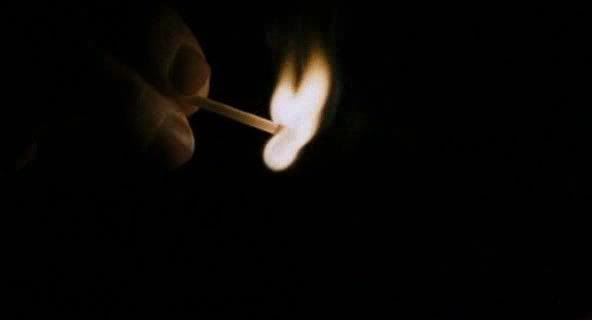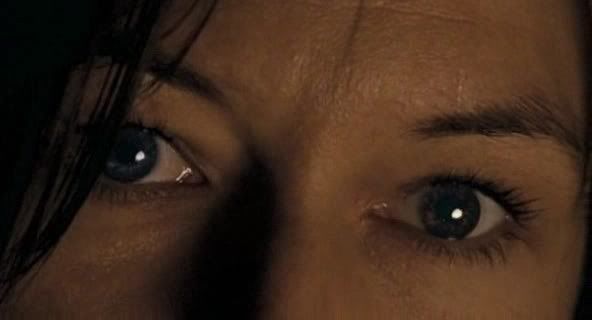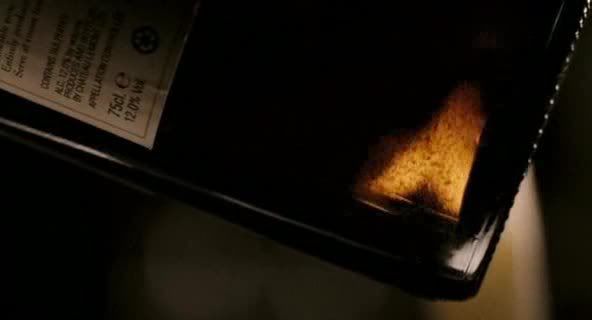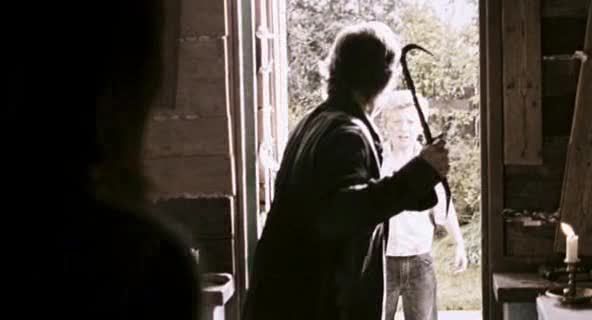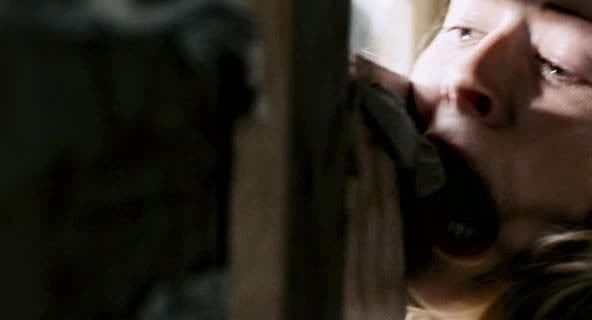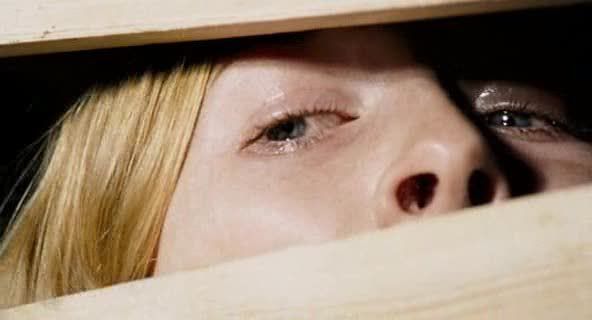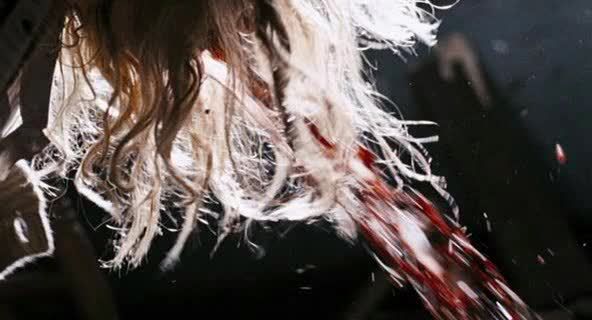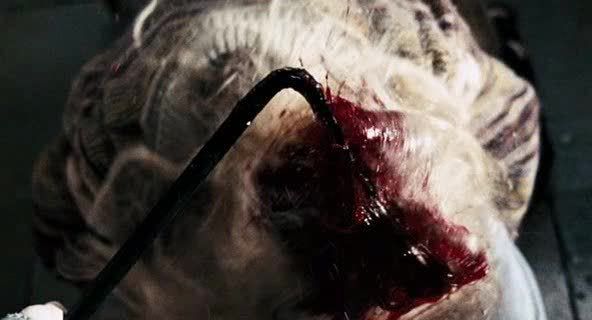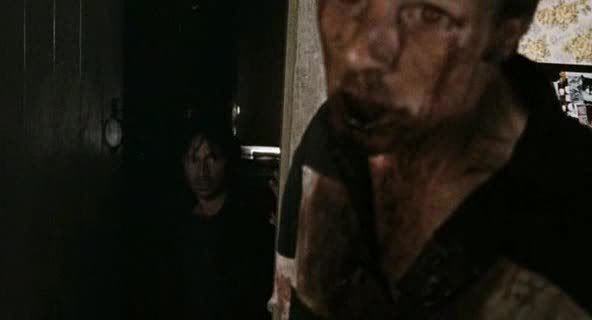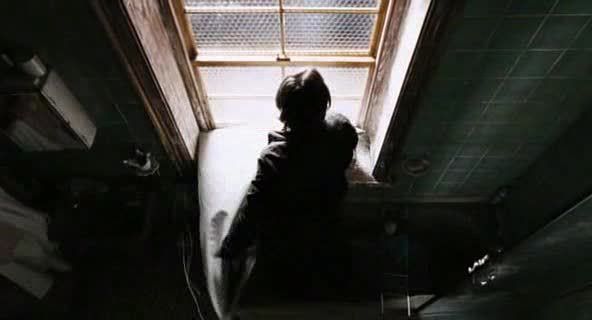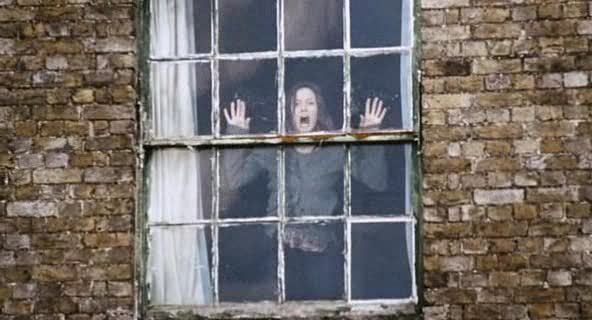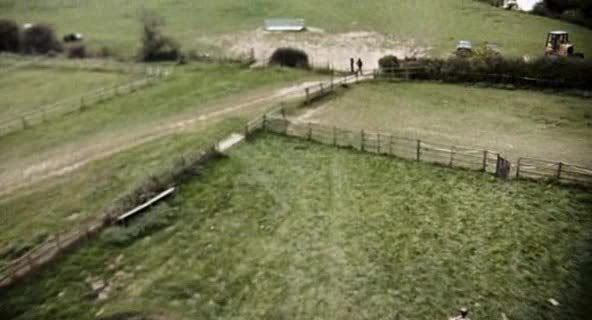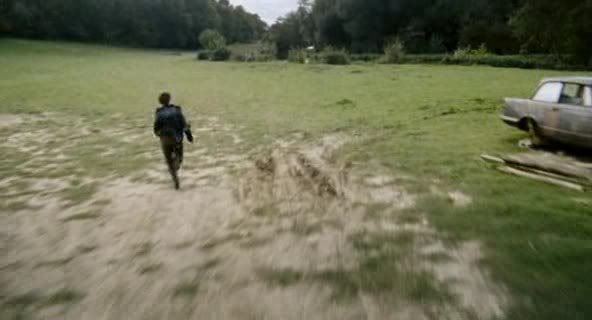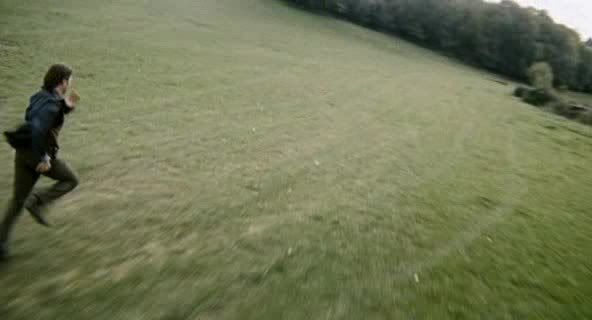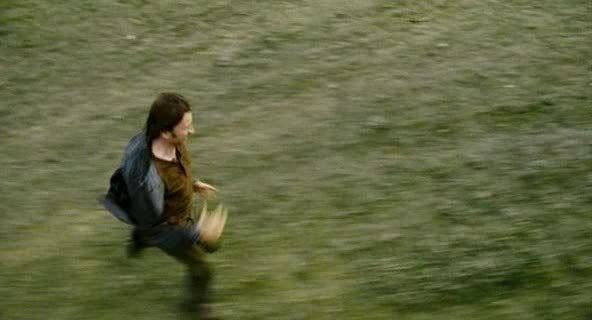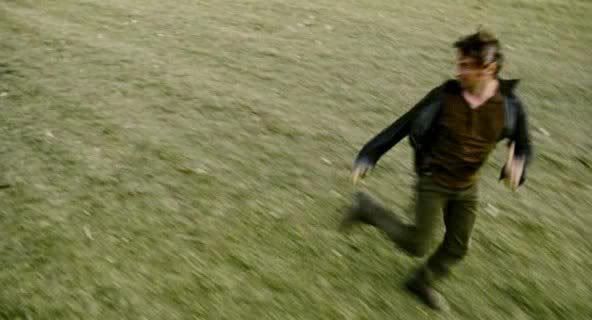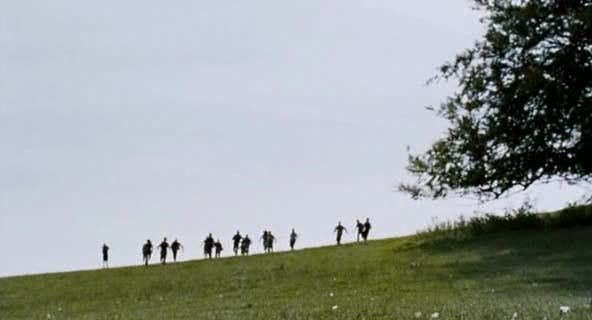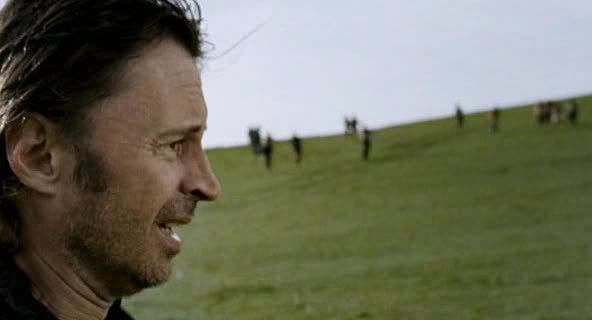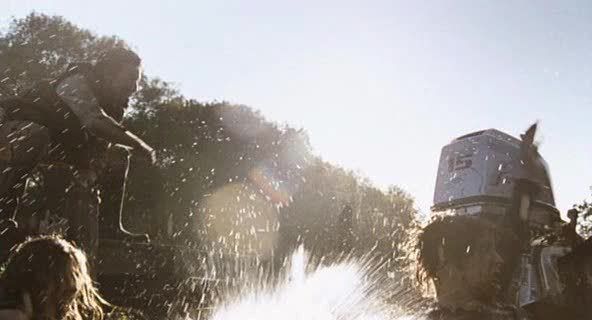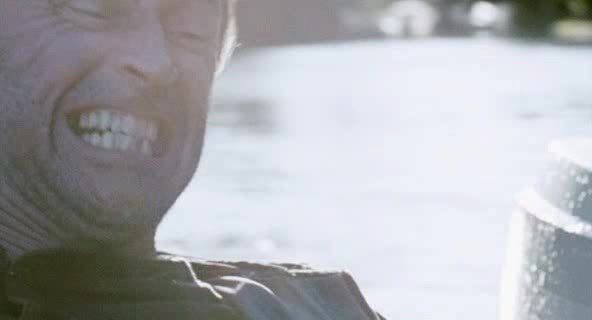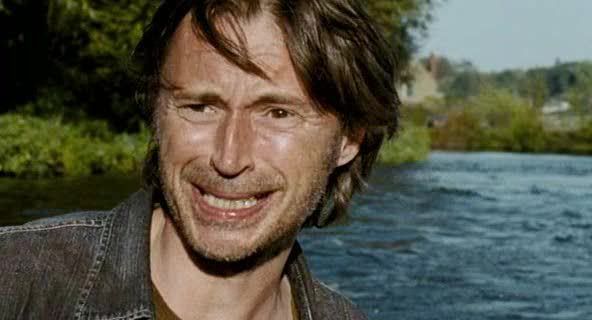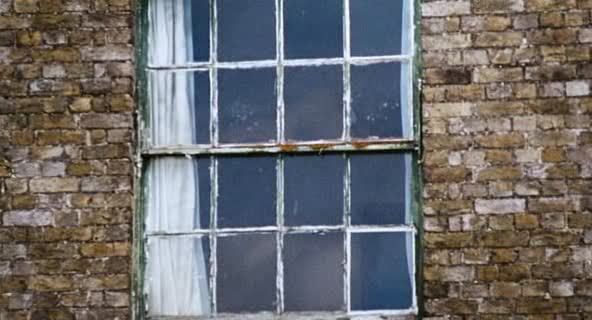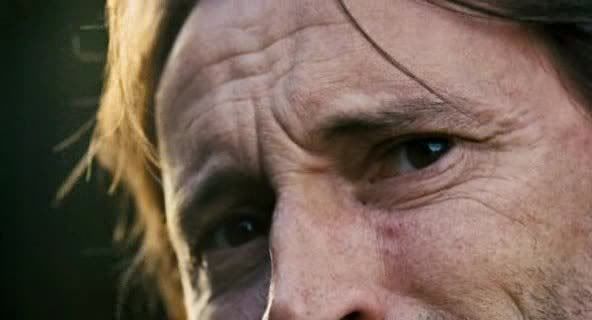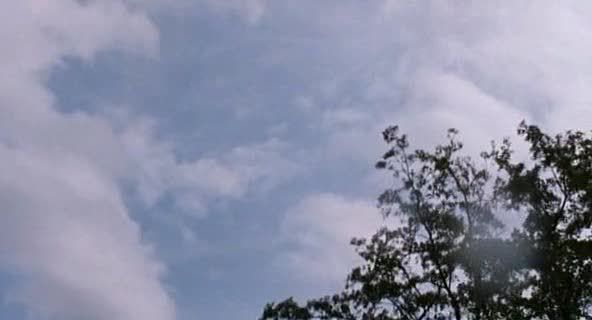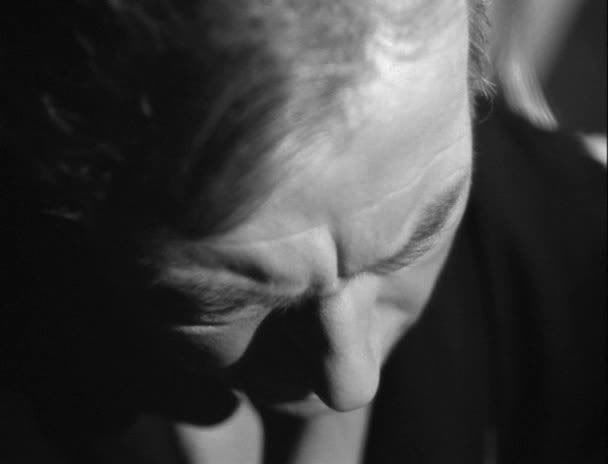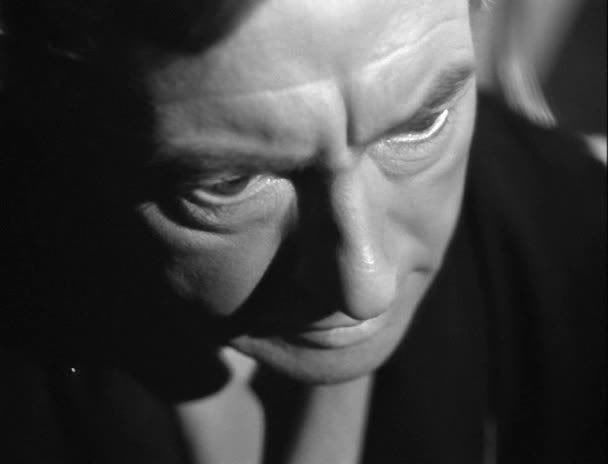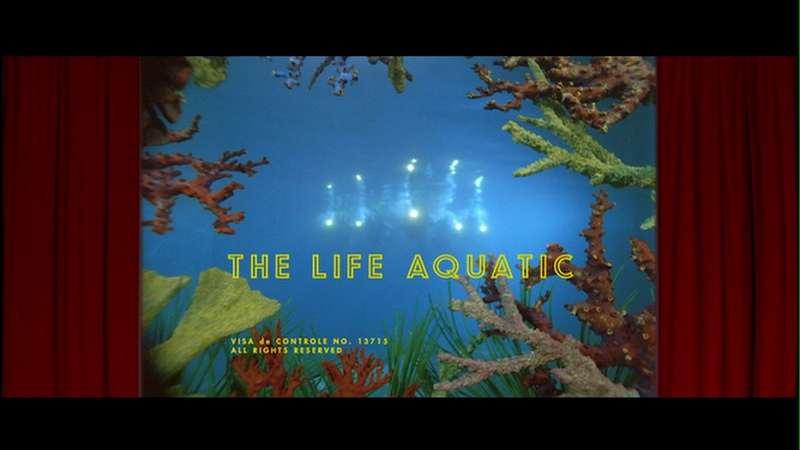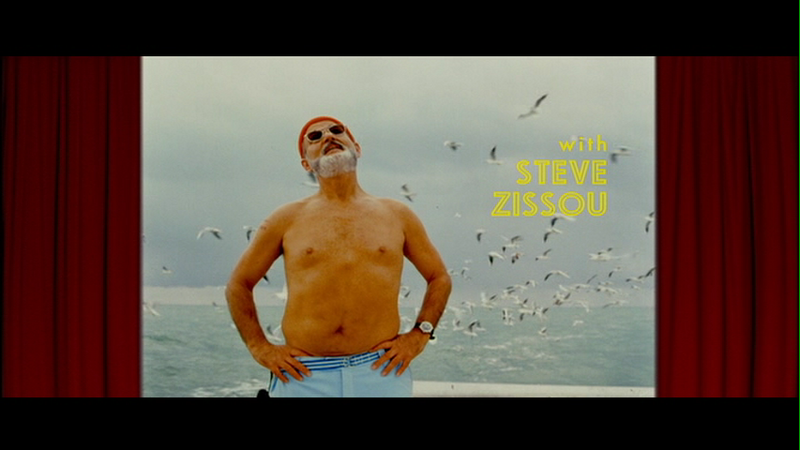by Marc Lafia

In some sense the phenomenon of
YouTube returns us to the early days of cinema which has been referred to, before its language of narrative and editing evolve, as a cinema of attractions. In these early days when cinema was a novelty, an entrepreneur, some one like Edwin Porter (who would go on to make,
The Great Train Robbery) would buy up a number of short films, go from town to town, rent a hall, publicize his event and gather up an audience for a screening. There, with his reels of film and accompanying musician, the entrepreneur who was also the projectionist, would create an order to his films, cue his music and in many cases talk over them. The entrepreneur was a story teller, our first editor, who used sound to narrativize the image.
The sound-image relationship for the moving image did not become uniform until the late 1920's and the advent of synch sound. That is sound up until then was live, and as live things go, they are unique night to night, venue to venue. As the relationship of sound and image evolved more and more film makers became interested in the recording of direct sound, that is the sound heard was to be the sound recorded at the same time as the image. Capturing sound was as important as capturing image. This was quite radical as for example most films still today have a great deal of scored music and effects as well what is called ADR, additional dialogue recording. In fact the practice of the great Italian film studio, Cine Cinetta did all of its sound work including dialogue in post production. Simultaneously multi-track real time direct recording was being explored by many filmmakers including Straub-Hillet, Altman, Godard and many others.
It is sound that so often tells us what we are watching. In the creation of
3Things, this is what is most distinct about the project, or rather, what distinguishes it. It is not 3 images and their sounds playing side by side simultaneously, it is 3 images uniquely inflected by the unique sound of the others and the ability to control the sound tracks one at a time. It is the ability to re-narrativize the image with sound that makes the project unlike others out there.
This intimate relationship of sound to image is explored in a number of works on the site:
Take for example,
Abstract Cinema (pic above), roll the mouse over the windows of video, triggering the sound to play over the others and look at the relationship of this early works by Eggeling and Richter and then what happens to them with the sounds of Peter Kubelka.
Or look at,
The Image is Real and see how Lynch's film
Mulholland Drive narrates
Blow Up with his notion that the absence in recording, is that same real but absent ball, pantomimed.
Blow Up is an investigation of recording and its relationship to seeing and the unseen. These two clips bookend Godard's infinite pan visualized as a panoptic infinite loop where vision is so banal what it sees becomes invisible - and here no less it is looped. This very witty and sophisticated 3THINGS by Daniel Coffeen shows us that 3THINGS become many things with infinite variation and infinite soundings.
Listen and see.

An interviewMarc Lafia, Daniel Coffeen and Michael Chichi the trio that put together the original ground-breaking
artandculture, which they are soon to re-release as a network of a new order. In addition, they have just released 3 THINGS. Lafia, who since his founding of A+C in 01999, has done a number of computational video projects -- including his Permutations -- thought it was time to bring to the web a new way to present and experience video (and more importantly its relationship to sound) online in a new way.
"3 THINGS is a new way to see the moving image. Much like the cloud we developed for artandculture, in 3 THINGS, 3 videos play simultaneously each in the context and contrast of others. We've set this up so that any one can put together 3 videos, along any theme, trope or idea they have and then roll over the sound of one video to re=score the others. A Pina Baucsh dance performance can get re-scored by an early Wong Kar Way film and then both of them by the real audio of rain pattering in an architecture walk through the surrounding walls of a Mario Botto Cathedral," says Lafia.
"The idea of 3 has always had a special sense in numbers, design, cosmology, ordering and that is what informed the design," says Chichi. "3 Changes everything. We wanted to give people the opportunity to curate in widescreen so to speak. Not in one clip - but....
"The new web is about curation. Curation as a consumptive pleasure. It is about the mix, the fold, the mutable," says Doctor Coffeen.
 EDITOR'S NOTE
EDITOR'S NOTE: I, too, have created a few 3THINGS in an attempt to play with the model. In fact, I've created three. None are quite as adventurous as either Marc's or Daniel's efforts but they are all three mostly fun, and distinctly personal expressions of myself, of my tastes.
(1)
Godard Highlights Being Young, and Alive sandwiches the widescreen technicolor beauty of
Pierrot le fou between the rich, super-cool black & white of
Masculin-Feminin and
Bande A Parte.
(2)
3 Magic Things Sifting Light pits Weerasethakul, Antonioni and Malick against one another. The first two have no dialogue so to hear the Malick scene's dialogue over the other pair's wordless montages may give a spark to their apparent empty spaces.
(3)
3 Things Defining My America uses Bill The Butcher, some skewered Werner Herzog barnyard music madness and a
Deadwood scene to get at, just maybe, what I dig about this country that spawned me. And, you know, freedom.
We hope you like this idea. We hope you make your own. We hope you pose us questions or simply make some claims about these possibilities. We hope you have some fun. Please do. (And don't forget to let us know about it!)
[RWK]
 by Ryland Walker Knight
by Ryland Walker Knight